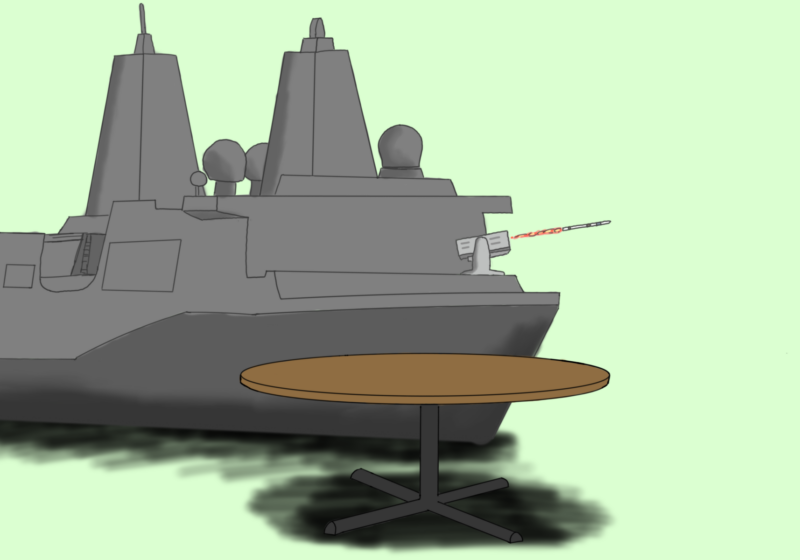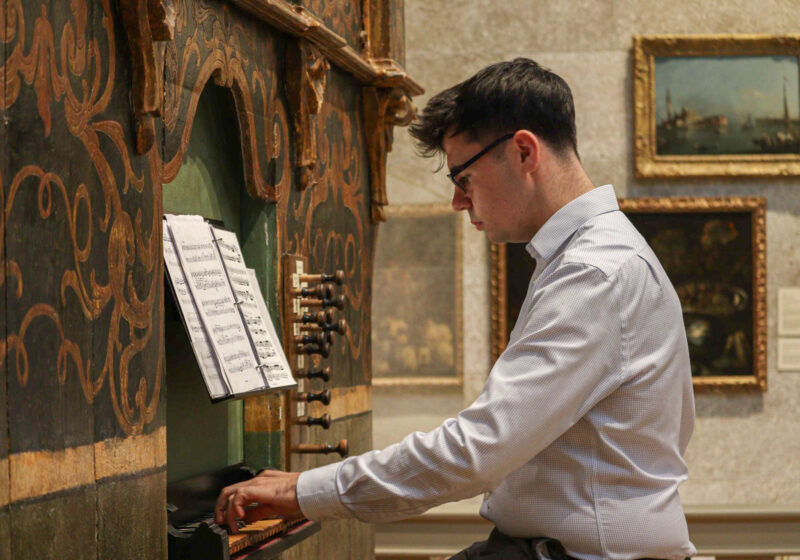Doctors at University Health Services (UHS) have been overrun in recent weeks by a flurry of cases involving a rapidly spreading virus.
“The spread of this virus is unlike anything I’ve seen in my 37 years here,” said Dr. Horatio A. Miba, who heads the Infectious Disease Division at UHS. “We’ve advised the campus to sanitize all public surfaces, but the rate of new cases hasn’t slowed at all.”
The epidemic has hit the Information Technology Services center particularly hard.
Max Arbad, a student worker, discussed the difficulty of keeping the center open during the crisis.
“We’ve been doing our best to sanitize the public computers,” he said, “but people have been increasingly reluctant to use them as the virus has kept spreading.”
Through collaboration with researchers on campus, however, some progress has been made on identifying the virus’s source.
“At first we thought it may have been some kind of worm, but now experts have told us that its transmission likely involves a of python attack, possibly during a fishing incident,” said Miba.
Divers have been sent into the Genesee River to try to find any pythons, which are not native to the area. “We don’t know much about who’s responsible for this rapidly spreading python virus,” said Department of Public Safety Chief Mark Fischer, “but we got a lead that he may have been wearing black hat.”
The difficulties experts have had identifying the virus’s source extend to formulating a cure as well.
Dr. Richard Barth, of the Microbiology and Immunology Department, discussed the difficulty of studying this particular virus. His team has been unable to infect any of their normal mouse models with the virus.
“We’ve been able to find one susceptible mouse strain, but it’s unlike any we’ve ever worked with before. They have no feet or ears, and they have a second tail on the front of their bodies.”
“Vaccine testing has been difficult, because their skin is unusually tough,” he said. “When we do manage to inject them, not only are the vaccines ineffective, they tend to make the mice worse—even when they only get the placebo. In fact, they become non-responsive when we give them any kind of liquid at all.”
While vowing to keep working despite this adversity, Dr. Barth waxed cynical with his own opinion on the virus’s original source.
“I know they have their complicated theories about pythons and fishing and all that,” he began, “but honestly I think some dumb kid just wasn’t careful enough when he was downloading porn.”





